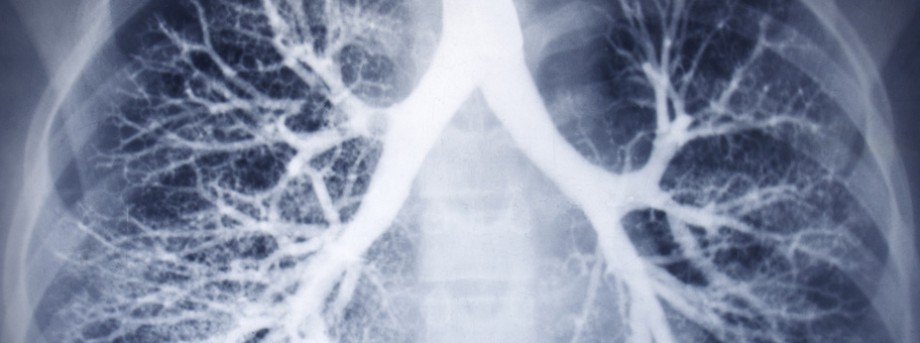The University of Nottingham
 Exchange online
Exchange online
Research Exchange
New discoveries in the genetics of lung health

Scientists have discovered six new regions of the genetic code that relate to lung health – opening up the possibility for better prevention as well as treatment for a range of lung diseases.
Researchers from The University of Nottingham and the University of Leicester are co-leaders of a global consortium of 134 centres in the UK, Europe, the USA and Australia which has identified new genetic variants associated with lung health.
The discovery could shed new light on the molecular basis of a range of different lung diseases including pulmonary fibrosis. It is the first time that these six common genetic variants have been definitely linked with lung function. Researchers say the new pathways discovered could be targeted by drugs.
The study was led by Professor Ian Hall from The University of Nottingham, Professor Martin Tobin from the University of Leicester, and Dr Stephanie London from the U.S. National Institute of Environmental Health Sciences. It is published today in Nature Genetics, and was part funded by the UK Medical Research Council (MRC).
The pioneering research involved a genetic study of 2.5 million genetic variants in each of 52,253 people across the world. All participants in the study had a measure of lung health, called the forced vital capacity. This measure is altered in some lung diseases and may be markedly reduced in restrictive lung diseases, such as pulmonary fibrosis. A smaller number of the most promising variants were then studied in a further 32,917 individuals.
Professor Ian Hall, Dean of the Faculty of Medicine and Health Science at The University of Nottingham and Professor of Molecular Medicine said: “These important findings extend our knowledge of the genetic factors which determine lung function and help us understand their contribution to the risk of developing respiratory diseases. This work is part of an extensive programme of research which aims to comprehensively define the major genetic factors underlying common lung diseases: this programme is based around a long term collaboration led from the Universities of Leicester and Nottingham which brings together many partners around the world.”
Professor Martin Tobin, Professor of Genetic Epidemiology and Public Health & MRC Senior Clinical Fellow at the University of Leicester, said: “There is an overlap between the genetic factors that affect lung function measures in healthy populations and those that affect the risk of lung diseases, such as pulmonary fibrosis and chronic obstructive pulmonary disease (COPD). We aim to follow up these findings in large studies of patients with pulmonary fibrosis and other types of lung disease. These types of study are already planned through collaborations between the Universities of Leicester and Nottingham.”
Tags: genetics, lung disease, Medical Research Council, Nature Genetics, University of Leicester, University of Nottingham
Leave a Reply
Other News

Top prize for quantum physicist
A University of Nottingham physicist has won a prestigious medal from the Institute of Physics for […]

Zero carbon HOUSE designed and built by students comes home
Design and construct a low cost, zero carbon, family starter home, transport it to Spain, build […]